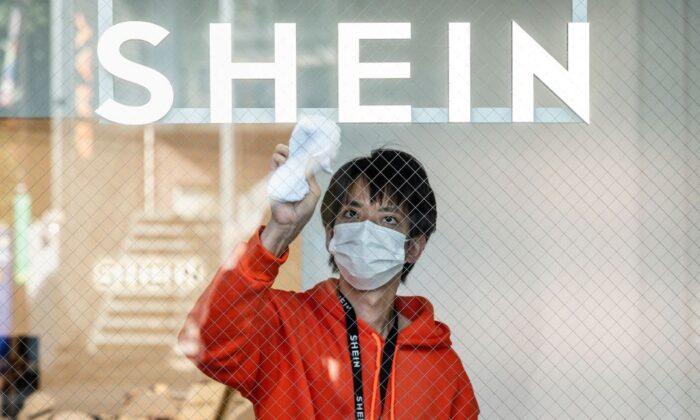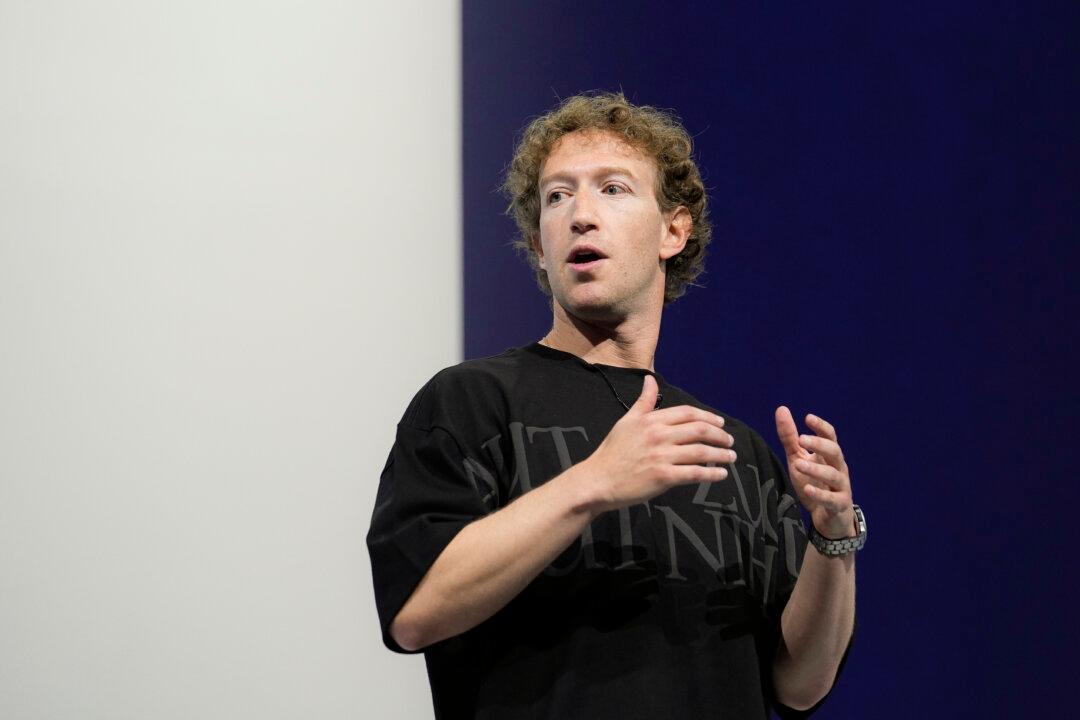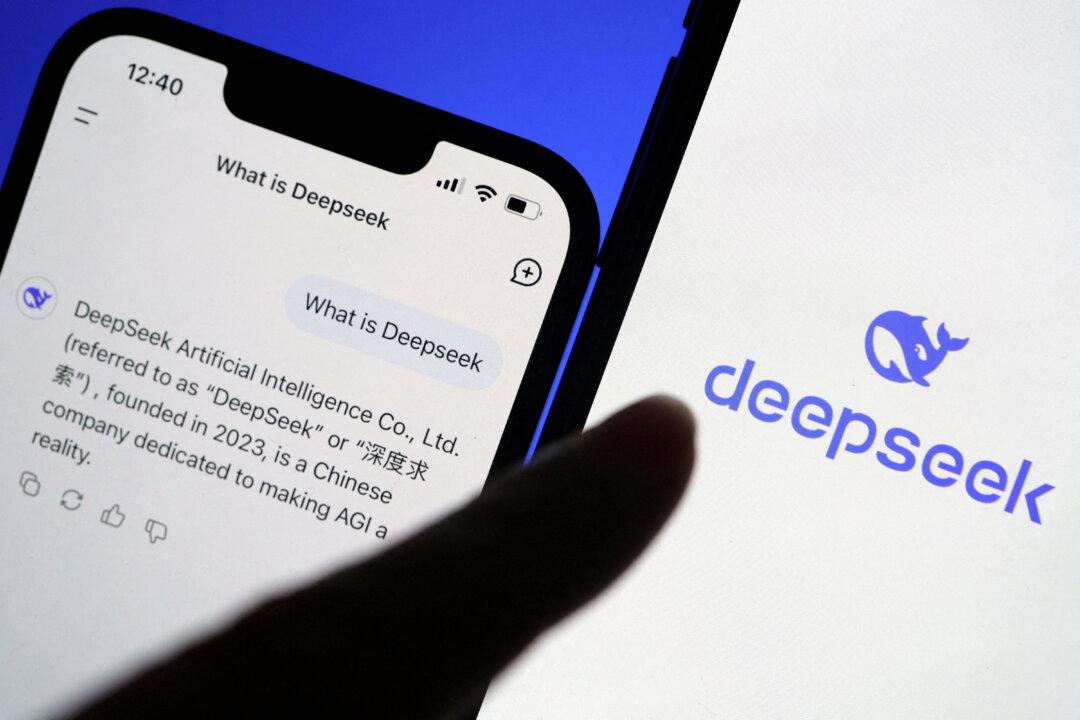A group of American fashion influencers has come under fire for attending a fully paid trip to tour one of fast-fashion giant Shein’s factories based in Guangzhou, China.
The influencers—Dani Carbonari, Destene Sudduth, Aujené, Fernanda Stephany Campuzano, Kenya Freeman, and Marina Saavedra—were flown out to China as part of a tour sponsored by Shein in June, according to multiple social media posts.
According to videos shared on Twitter and Instagram by both the company and the influencers, the women were able to see how Shein products are designed, made, and packaged when they visited the factory.
“Now I can go home, feeling reassured and feeling confident in my partnership with Shein, working for Shein and being a consumer of Shein, and I feel comfortable spreading that message to my community and to my family and friends,” she said.
In the same video, Sudduth said that she enjoyed visiting the factory and having a “real” experience. “It wasn’t like we just got pictures and videos of these warehouses or facilities, we were actually there,” she said.
According to Carbonari, the factory worker told her “honestly and authentically” about “her family, her lifestyle, her commute, her hours.”
“I think my biggest takeaway from this trip is to be an independent thinker, get the facts, and see it with your own two eyes. There’s a narrative fed to us in the U.S.,” she said, adding that the trip had been in part to “seek the truth.”

‘Propaganda’
“I expected the facility to be so filled with people just slaving away, but I was actually pleasantly surprised that most of these things were robotic,” Sudduth said in another video posted to TikTok. “Honestly, everyone was just working like normal, like chill, sitting down, they weren’t even sweating.”She added that most of the Shein employees had told her they worked from 8 a.m. to 6 p.m. and only had to commute “10 to 15 minutes” to work every day “just like normal.”
Other influencers insisted in various videos that the factory employees were earning a decent wage for their work and outright denied reports of child labor and inhumane conditions.
Singapore-based Shein made $24 billion in 2022, thanks in part to its low-priced items that have surged in popularity as fashion-conscious consumers are tightening their belts amid increased inflation.

Forced Labor, Copyright Lawsuits
Child worker and forced labor rumors have also plagued the company, which serves customers in the United States, Australia, Europe, and the Middle East, and it has also been hit with multiple copyright lawsuits, including from fellow fashion house Levi Strauss.The company has repeatedly denied the various accusations.
“I couldn’t even go on to Instagram yesterday,” the Atlanta-based designer said, adding that she isn’t responsible for Shein’s actions.
“[Shein] brought this China trip to my attention, and they’re like, ‘You know, we’re aware of all these rumors and all this stuff that’s going on, and we want to put an end to it,’” Carbonari said in the video.
“This whole experience has caused me to reevaluate myself, my brand, and to fight even harder for sustainable options for plus-size people, and to just be so much more particular with who I’m working with.”
In an emailed statement to The Epoch Times, a spokesperson for Shein claimed that the social media videos posted online by the influencers were genuine and authentic.
“Shein is committed to transparency, and this trip reflects one way in which we are listening to feedback, providing an opportunity to show a group of influencers how Shein works through a visit to our innovation center and enabling them to share their own insights with their followers,” the spokesperson said.





